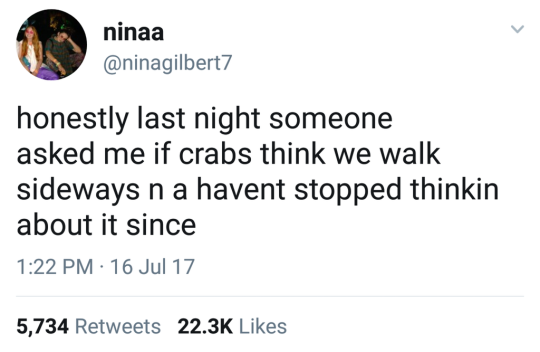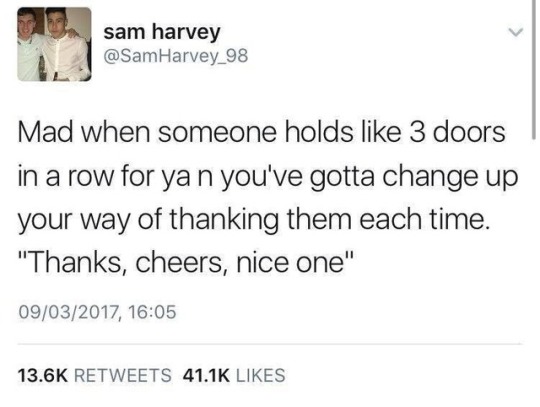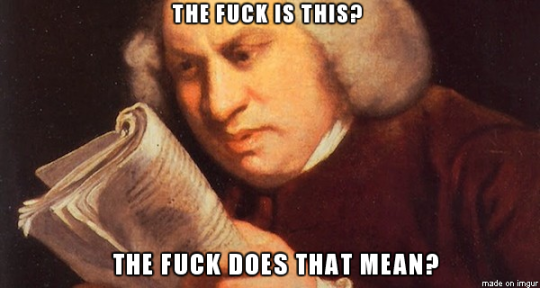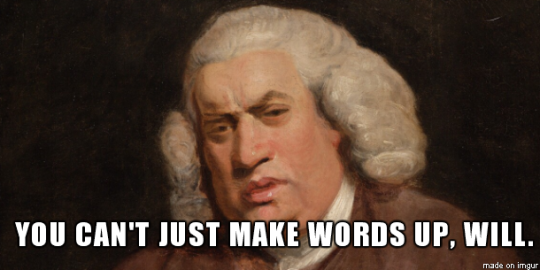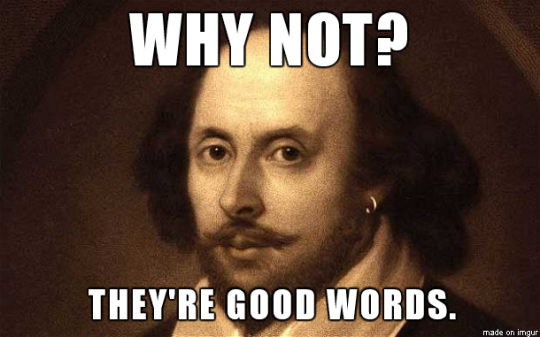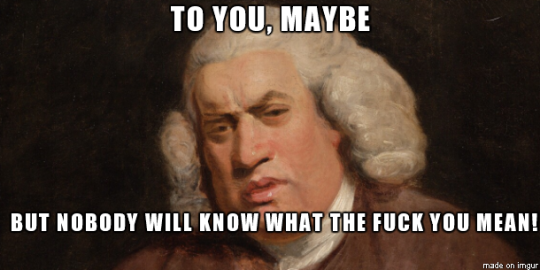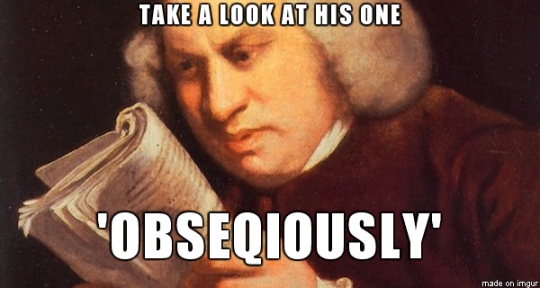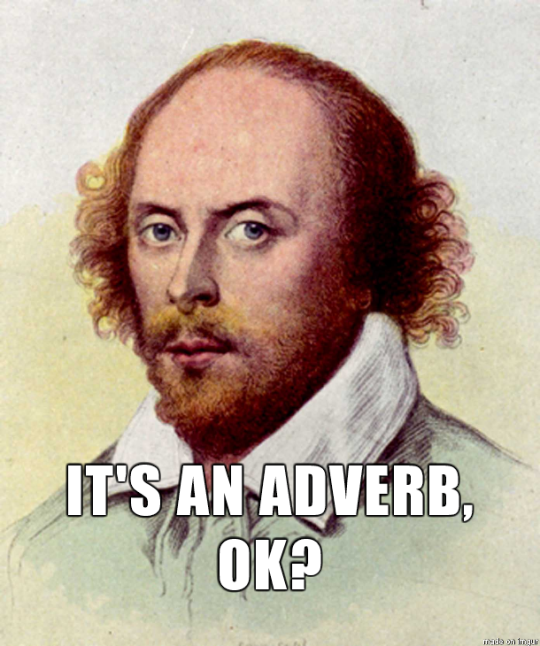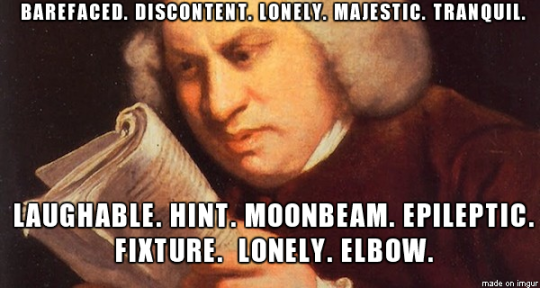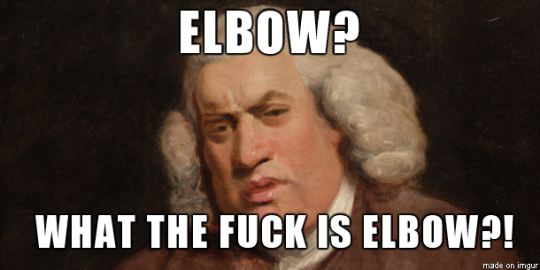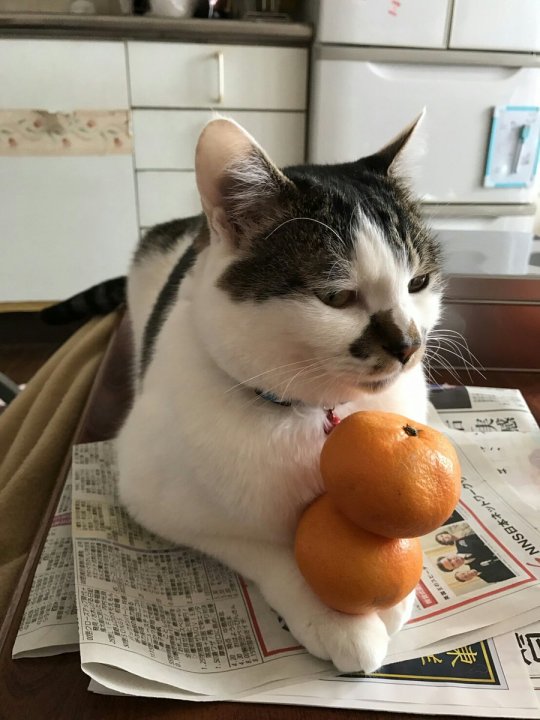Don't wanna be here? Send us removal request.
Text
Six of Crows review: review of a YA novel
Six of Crows was an unusual read for me. It’s a young adult novel (first in a series of two), which I don’t regularly gravitate towards reading. I haven’t read YA novels since, well, some years ago, when I was younger. But my cousin Joana recommended it, so I borrowed her copy and started to read. It was not quite what I expected.
I didn’t notice it was fantasy when I first picked it up. But the first chapter made that quite clear. I was thrown into the world of Grisha, and it was a wild ride. Grisha are a species (I don’t even know how they’re properly categorized) of enhanced humans, and there are three kinds of them: Corporalki, Etheralki, and Materalki. But the book didn’t overwhelm us with this fantasy element. Throughout most of the book, only one of the characters that the narrative follows is a Grisha. Storytelling-wise, I think that was a fantastic choice. It left room for the other 5 of our heroes to be plainly human. And what unlikely heroes they are: all about 17 years old (which I’m guessing is a big reason this is considered YA), with no family nearby, and all with their own specialized set of skills. This last point is, of course, a necessity, since they are brought together to perform a heist – kidnap a man from a high-security prison. Wylan is a bomb-expert, Jesper a sharpshooter, Inej is ninja-silent and an expert climber, Nina can control people’s metabolisms to her advantage (the Grisha), Matthias is a druskelle (trained to hunt Grisha as inhuman), and lastly, Kaz is the leader – good at manipulating people, objects (sleight of hand!), and the planner.
You might’ve noticed that one of the characters is a Grisha while another hunts her kind. This brings me to one of the strong suits of this book: character interaction. Nina and Matthias have a history where they became improbable allies. Throughout the book, their interactions are tense, and you can feel it. However, Nina uses her sass and flirtations and refuses to let their differences get in the way of them working together and even possibly being friends. Another character duo is Jesper and Wylan. Jesper at first sees Wylan as no more than a child, teasing him and putting him down. But Wylan proves to be useful, resourceful, and smart. Jesper’s teasing then becomes more of a brotherly playfulness, and the two learn to rely on each other.
Lastly, there is Inej and Kaz (I forgot how weird names could get in YA novels). They are a little bit more complicated to describe, as the characters themselves are more complex. Let’s start with Kaz. He is a loner, a mystery, and tactical. Life has hurt him – as it has done to all of them – and he, like the others, decided to fight back, but he has more of a vengeance to him. It’s what drives him. He’s ruthless and will do anything to get what he wants and needs, not hesitating at violence. Inej is his second in command, but not even she knows all his secrets. She grew up as an acrobat and uses her stealth to spy for him and to protect him from his enemies. Unlike him, she has a strong moral code, which springs from her being religious. They trust each other (as much as Kaz trusts anyone) and rely on each other’s unique abilities to get through unlikely situations.
Their relationship brings me to another thing I liked about the book: it doesn’t flaunt its romantic aspect like other YA novels do. This isn’t ultimately a love story, but of course some love is involved. There is also romantic tension between Nina and Matthias, which, like their relationship itself, is very unlikely. The boys in both situations deny it and fight it. The girls are more accepting of it, though possibly a little confused about what to do with it. However, all of them try to keep their eye on the task at hand to get the job done. (I say “try” because Kaz and Matthias almost lose it at times – silly boys).
Another thing I think the author did well is her background revealing. She leaves us wanting to know more about these interesting characters, giving us just enough to keep the story going before she decides to reveal what secret pasts each character has, and what brought them to where they are. And all of these pasts revolve around family (all but Matthias if I remember correctly). Each has left behind family that they miss, or want to avenge, or want to prove themselves to. They don’t properly become family, since they, in one form or another, have family to go back to.
And lastly, the plot twists. There were about 4 of them in varying magnitudes of surprise, and they were done brilliantly. I’m not going to talk about them so I don’t give them away – truth be told, just saying that they exist isn’t helpful, but eh.
This book gave me more than I expected from it, the biggest thing being bravery. The main characters are each brave in their own way, some by running away from abuse, others by overcoming hardship, all deciding to grow from their misfortunes. We can learn from these six teenagers.
10 notes
·
View notes
Text
Ted Bundy Tapes review: review of a serial killer
Hey, followers! I’m starting this thing that I’m not sure what to call yet, but it’s me reviewing things I watch or read. (My cousin Lucas suggested I start it, so if you like it, you can thank him. I'll put up his phone number soon so you can give him the congratulations on my job well done.) Here’s the first! This isn’t the ideal first thing to review, since it’s a documentary and most of this is me reviewing the man himself, but this series made me think, and so I’m writing about it. It’s long, and I promise you not all I review will be this long (Can I truly promise that? Who knows.)!
It was the 70s, and the United States was not ready for its first recorded serial killer.
I know it came out a while ago, and there was a whole hulabaloo about it then, but Conversations with a Killer: The Ted Bundy Tapes has been on my watch list on Netflix for a while and I’ve only just found the courage to watch it. It is the telling of the story of a serial killer, encompassing my twin passions: stories and psychology.
It was truly a rollercoaster from start to finish, as I did not entirely know what to expect from it. Certainly it was going to be a documentary, but I haven’t been in contact with many of those, so I wasn’t prepared for how moved I would be by its source material and witnesses. This was different from what I had watched and read before: fiction. This was real, with real news and court footage, real friends and family, real tape recordings of conversations with him on death row. And you can’t get more haunting than reality.
From a storytelling standpoint, it was well executed. You wouldn’t think that, from the start. The timeline jumps in between Bundy’s earlier life (told by himself) and his first killings (told by people who worked the case). At first it annoyed me that they wouldn’t stick to one period of time. But then I realized what they were doing: Ted Bundy didn’t care about anyone but himself. What mattered to him was his story, not the people he killed. Once the story got to him finally becoming a suspect, the timelines of conversation and retelling of the events converged and the story became one. It was as if now he couldn’t help but be involved. By that point in the taped interview, they managed to get him to talk about what he had done, even though only in the third person. He wouldn’t confess to any of it until his final days on death row.
You can’t talk about the documentary without talking about the man himself and his troubled psychology. I’ve worked with people in a psychiatric ward (none of them convicted serial killers, but troubled people all the same), and now I appreciate all the paperwork we had to do about the people in it, and appreciate even more the guidelines put in place to keep everyone safe.
The man wasn’t deranged, but smart in his own way. He went through college, and was getting his law degree when he was caught. He escaped from custody twice, and planned both escapes with precision. When he fled the second time, he was on the run for months, using stolen credit cards and cars. But what got to me was how I doubted his guilt, just like his friends and family had done. He seemed to be a charming man, who wouldn’t do any harm. He made people laugh and feel at ease. That is how he convinced his victims to come without a fuss.
When he was caught and in the courtroom, he was a frightening man, and his pride was more important than being smart. He wasn’t necessarily frightening in an alarming sense, at least not from the start. When he wasn’t allowed to talk to the press after having been officially caught as the serial killer he was, he became erratic and unsettled. He needed the attention, needed to be heard, as if he were being wronged and framed. His defense lawyer wanted him to plead guilty because he didn’t see a good outcome with all the evidence against Bundy. The man agreed to do so, but when it came to it, he pled innocent and wanted to be his own defense. Therefore, in court, he was allowed to interrogate witnesses. This didn’t do him much good. He asked for the crime scenes to be described in detail, more than once. This showed more than an interest in them, but a sick awe of them, of what he had done. He relished in the outcome of his monstrosity.
When asked if he did any of what he was convicted of, he smiled and said he didn’t do it. It makes you wonder if he considered himself to be two people: the Ted who killed young women, and the Ted who was innocent. He was in complete denial of what he had done and only confessed to his 30 crimes when he thought it would postpone his scheduled death by electric chair. This was a man with no empathy, no guilt, and no remorse. And yet his friends and family couldn’t see it.
Was he a monster since birth, with no empathy inside him? Or did he become one when he wouldn’t fight against the voice in his head that told him to kill? Did an initial lack of empathy only facilitate this? People can be born with that screw loose. People can be influenced by pornography like he said he and the other inmates were, but does that make them all susceptible to kill? A professional who analyzed him said he was bipolar, but does all that put together excuse what he did? What about the curious people who gathered to see his court proceedings, who gathered around the prison he was being kept at and cheered on the day of his death, with posters telling him to burn? Isn’t all life sacred? Should one cheer for another’s death, even if it were to be the death of a man such as Ted Bundy? Or can that also be considered a monstrosity? Would you have cheered along with them?
1 note
·
View note
Photo
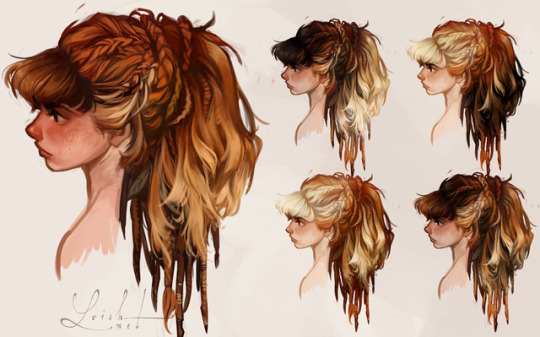



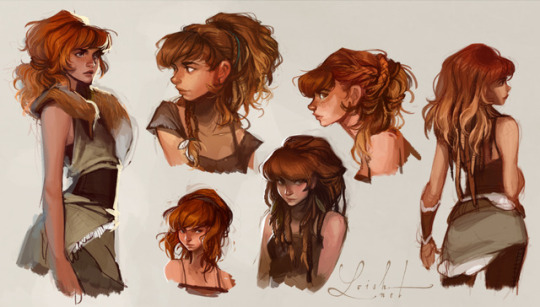
Lois van Baarle - http://blog.loish.net - https://www.kickstarter.com/projects/1022149620/the-art-of-loish-a-look-behind-the-scenes - http://loish.net - https://www.inprnt.com/gallery/loish - http://www.kaifineart.com/2014/12/lois-van-baarleloish.html - https://www.amazon.es/Art-Loish-Behind-Scenes-Baarle/dp/B01B98RGW6/ref=sr_1_3?s=books&ie=UTF8&qid=1468180525&sr=1-3 - https://twitter.com/loishh - https://www.youtube.com/watch?v=OiTwzRGHWI0 - https://vimeo.com/loish - https://www.youtube.com/watch?v=RosV5qpvwqQ - https://www.instagram.com/loisvb - https://www.facebook.com/loish.fans - http://www.dailymotion.com/loishh
10K notes
·
View notes
Photo
oh, its gonna happen.

This is how I want the police to find me one day.
Via turnip_for_what_
1K notes
·
View notes
Photo


they were in the netherlands like, two weeks ago.
174 notes
·
View notes
Photo
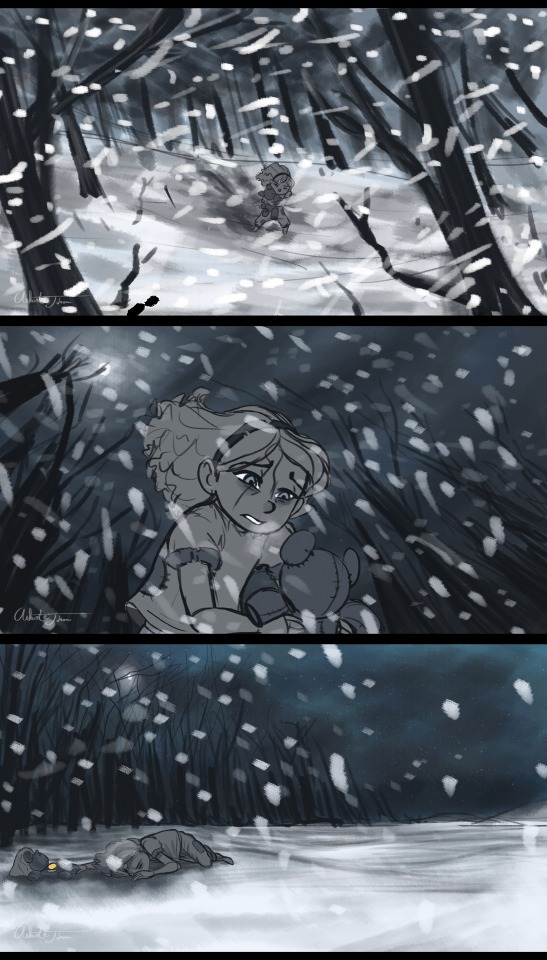



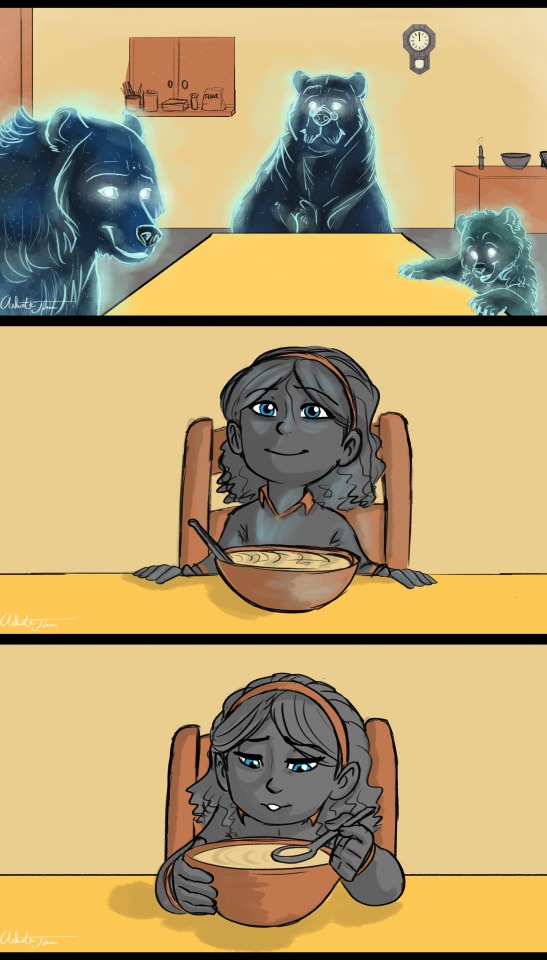

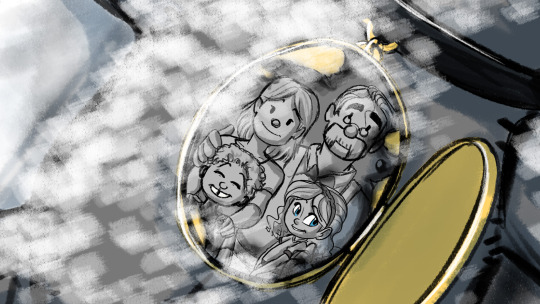
My interwebz is down so I figured I’d go ahead and post this up. I’m really proud of this. For my Screen Design class, we had to take a fairytale and retell it in however we wanted in storyboard form. I chose the story of Goldilocks and the Three Bears. Just as a heads-up, I’ve replaced the bears with Ursa Major/Ursa Minor, the constellation based on a bear.
I could always tell the story myself, but I figured I should let the art do the talking and only answer questions if you’re curious about it. The only hint I’ll give is to pay attention to the faces of the characters. ;D
This sucker took me 3 days to work on. I’m dead, man. ;_;
144K notes
·
View notes
Text
love lemon trees! i too am bitter but growing
92K notes
·
View notes





